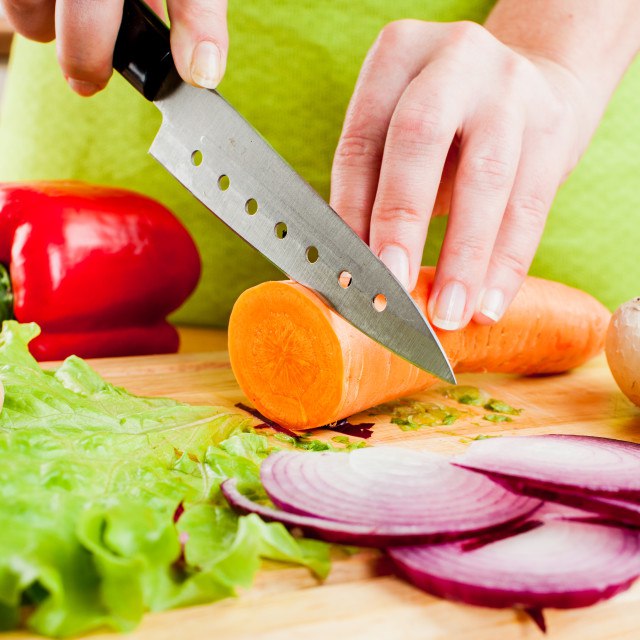Eat These Vegetables Every Day
Source: http://www.richportaltv.com
Today, I bring you some essential tips on which parts of vegetables to avoid eating for a healthier and safer diet. While vegetables are a cornerstone of good nutrition, some parts can contain harmful substances, such as chemicals or nitrates, that are best avoided. Let’s dive into how to prepare some common vegetables properly to maximize their benefits while minimizing risks.
1. Potatoes
Potatoes are a versatile staple in many diets, but they require careful preparation. Chemicals like solanine can accumulate just beneath the skin and in the heart (especially in green or sprouted potatoes).
What to do: Peel them thoroughly, removing any green spots or sprouts. When boiling, drain the water afterward to eliminate residual substances.
2. Cucumbers
Cucumbers are refreshing, but their peel and stem area often contain a higher concentration of nitrates.
What to do: Always cut off the ends and peel the cucumber before consuming, especially if it’s not organic.
3. Beets, Carrots, and Radishes
Root vegetables like these tend to absorb nitrates from the soil, particularly in specific parts such as the tips, peel, and stem areas.
What to do: Peel them and cut off both ends before eating.
Extra tip for beets: If you notice a beetroot with a crooked tail, it tends to have a higher nitrate concentration—be extra cautious and trim it well.
4. Tomatoes
In tomatoes with thick skins and white, fibrous pulp, chemicals and pesticides can accumulate.
What to do: Peel the tomatoes before eating, especially if they are conventionally grown. Removing the thick white pulp is also a good idea for a cleaner and healthier option.
Why Is This Important?
Nitrates, while naturally occurring in soil, can pose risks when consumed in high amounts, potentially leading to health issues such as reduced oxygen transport in the blood. Chemicals from pesticides or fertilizers can also build up in certain areas of vegetables, emphasizing the importance of proper preparation.
Additional Tips for Healthier Vegetables:
Wash all vegetables thoroughly under running water, using a vegetable brush if needed.
Whenever possible, opt for organic produce to minimize exposure to harmful chemicals.
Blanch or soak vegetables before cooking to reduce nitrate levels further.
Store vegetables properly to prevent spoilage and chemical build-up.
By following these simple steps, you can enjoy your favorite vegetables with confidence, ensuring your meals are both delicious and nutritious! Stay healthy and happy cooking.

